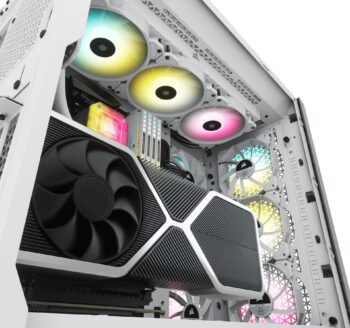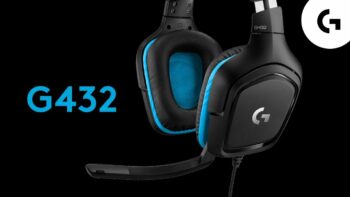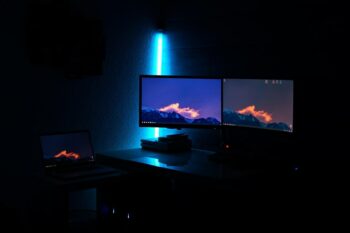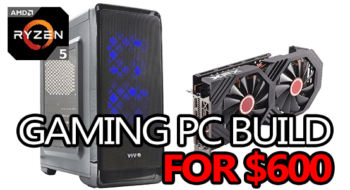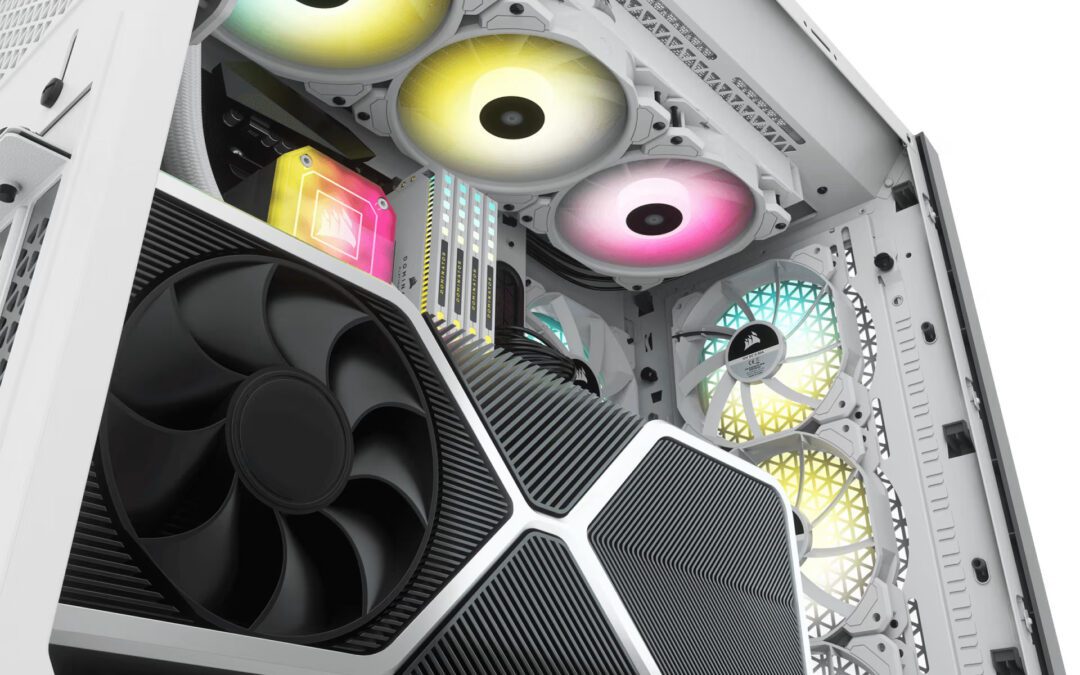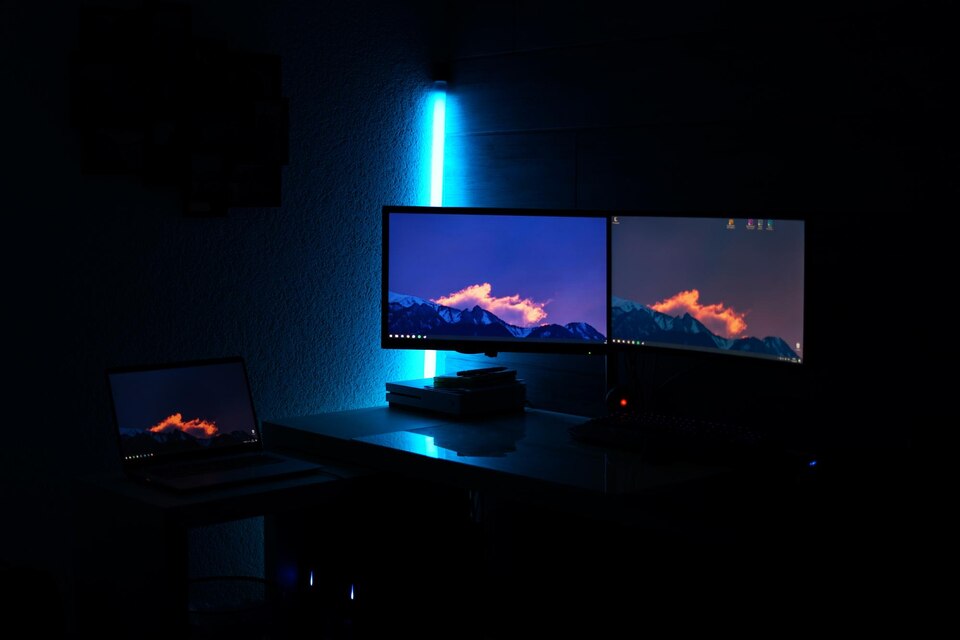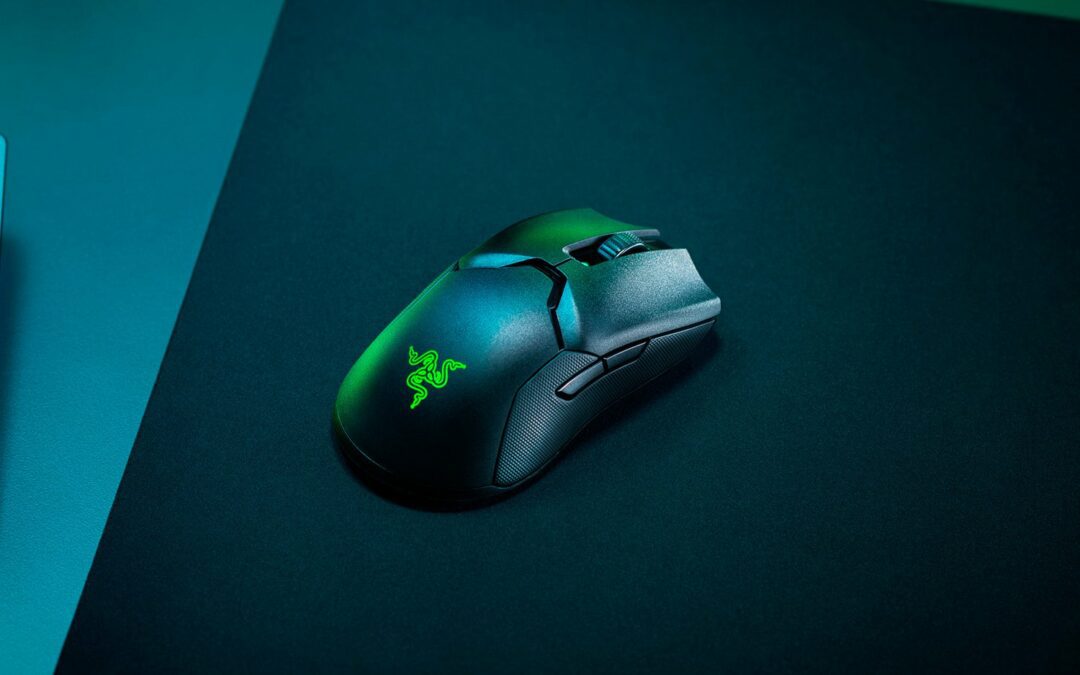Mousepads are one of the most frequently forgotten gaming gear. The size of mousepads has increased over time, and companies have begun producing them with different materials. As Esports have gained popularity, players have started to realize that some pads are actually better suited to their playstyles or even their games than others.
What makes mousepads unique, and how did they come to be? There are countless options out there for gamers, making it difficult to choose the one that is supposed to suit you. Let’s investigate.
The Origins and Importance of Mousepads
Engineer Douglas Engelbart organized a seminar in San Francisco in 1968 that has come to be known as the “mother of all demos.” Everyone first anticipated hearing Douglas discuss the study he carried performed at his Stanford augmentation research center. But he stunned everyone by really demonstrating it to them rather than just talking about it.
This demo included more than just a dated computer and keyboard. This was the first time a mouse was ever truly displayed to the general public. It’s safe to say that Douglas that day blew a few minds. However, Douglas’ setup was still lacking something; he required a mousepad.
The Birth of Mousepads
Herman Miller’s designer Jack Kelly created the first mousepad in 1969, and from that point on, everyone began using them. Anyone who owned a computer and a mouse during the 1970s typically chose to use a soft mousepad in addition to it because ball mice ruled the market during that time.
The optical mouse gained popularity as the 1980s came around. However, mousepads were not exactly required because they used image sensors to track motion. The only drawback of optical mice is that they cannot be used on surfaces that reflect light or are transparent, such as glass. Therefore, depending on your setup, pads were occasionally required.
In the late 90s, this problem was solved with the release of laser mice which performed much better on those surfaces. At that point, you didn’t really need a mousepad, until people started to game.
The Rise of Mousepads: From Necessity to Essential Gaming Equipment
In the early 2000s, as PC gaming gained popularity, competitors of Counter Strike, in particular, continued to experience problems with their standard mousepads. Since regular pads needed to be cleaned in order to offer you consistent control over your mouse, SteelSeries eventually saved the FPS (First Person Shooting) world in 2001 with a glass mousepad called the Ice Mat and later the ever-goated, QcK.
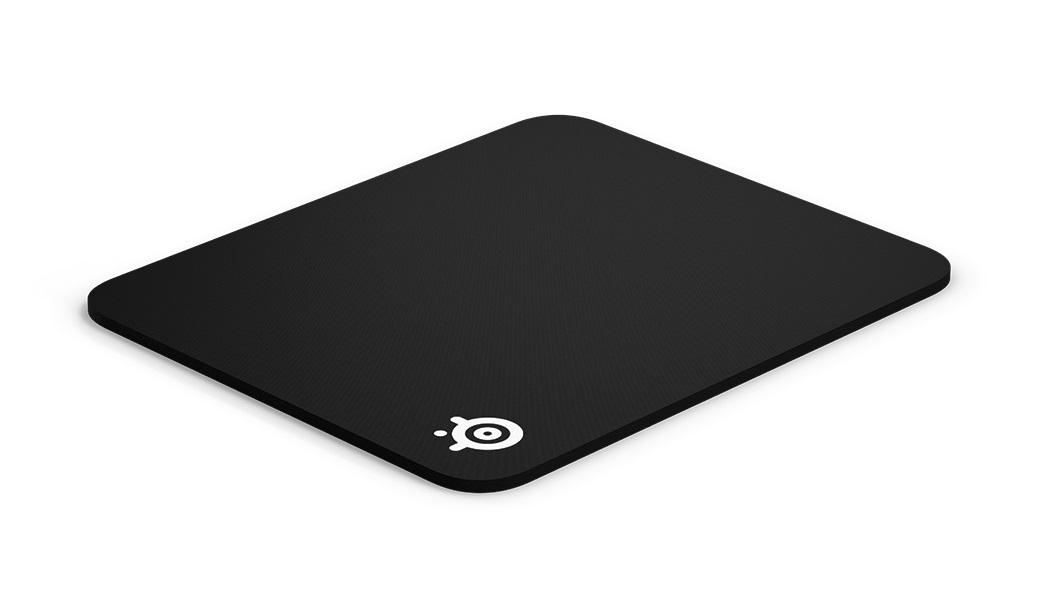
While RTS Esports, such as Starcraft, grew immensely popular in South Korea, FPS games like Quake and Counter-Strike dominated the European market. As Starcraft’s Esports scene grew popular, many competitors began rocking higher DPIs because gaming-branded mice supported them.
From Small to Large: The Impact of Mousepads on Competitive Gaming
Small mousepads were the norm at the time because many professionals were employing DPIs above the normal. As tactical FPSs like Counter Strike grew more and more, larger pads became more popular. Many competitors favored lower sensitivity in Counter Strike because of its slow and methodical nature.
It made sense that competitors wanted larger pads because using a mouse with low sensitivity requires you to move it over vast distances physically. Many players started resting their full elbows on their tables in order to better control their movements, rather than merely making tiny wrist movements.
Naturally, the mousepad industry had to accommodate them. Nowadays, practically all widely used mousepads are offered in a variety of different sizes. The choices are, therefore, unlimited depending on your level of sensitivity. But, over time, it was not just the shape and size that was changing. It was the materials that were being used to produce these pads.
Top Mousepad Recommendations from Professional Gamers
Now that you are familiar with the background of mousepads and have a general understanding of what each type does, there is one pressing question. What kind are the professionals using? Although there is not one singular pad that every top competitor is rocking, there are some top-rated options out there that many of your favorite players do swear by.
If you’re a fan of Counter Strike, you’ve undoubtedly heard of the Logitech G640 and the Zowie G-SR. Both of them are good control pads that work well for slower-paced games like tactical shooters, but they aren’t highly suggested if you prefer arena shooters or battle royales, which frequently require a lot of tracking
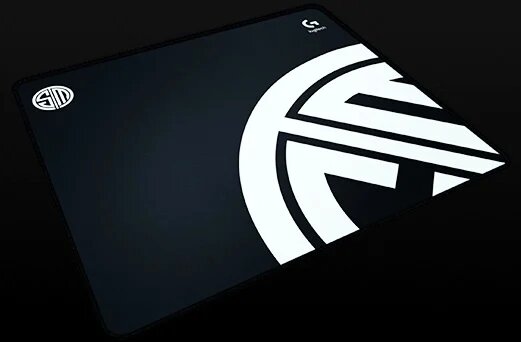
The magnificent fire pad is another excellent choice, but because of its somewhat reduced size, it might not be the best choice for those who like low sensitivity. Another mousepad worth mentioning is SteelSeries QcK, despite the fact that the first version of this product was released about 20 years ago. It is still one of the most well-liked mousepads used by professionals across many Esports.
Final Thoughts
Mousepads may appear to be quite straightforward, but they are actually quite sophisticated. They have advanced significantly from the first rubber pads with ball mice to glass pads, and there are countless potential options and products. Even if you don’t care about how it feels and only want one with RBG wireless charging, you might even sacrifice performance just to fit a certain static. It can take some time to find your personal favorite mousepad, but when you do, it is a fantastic feeling, and it will actually make a much bigger impact than you think. If you don’t particularly care about the pad’s quality, there are some pretty wacky possibilities out there.
